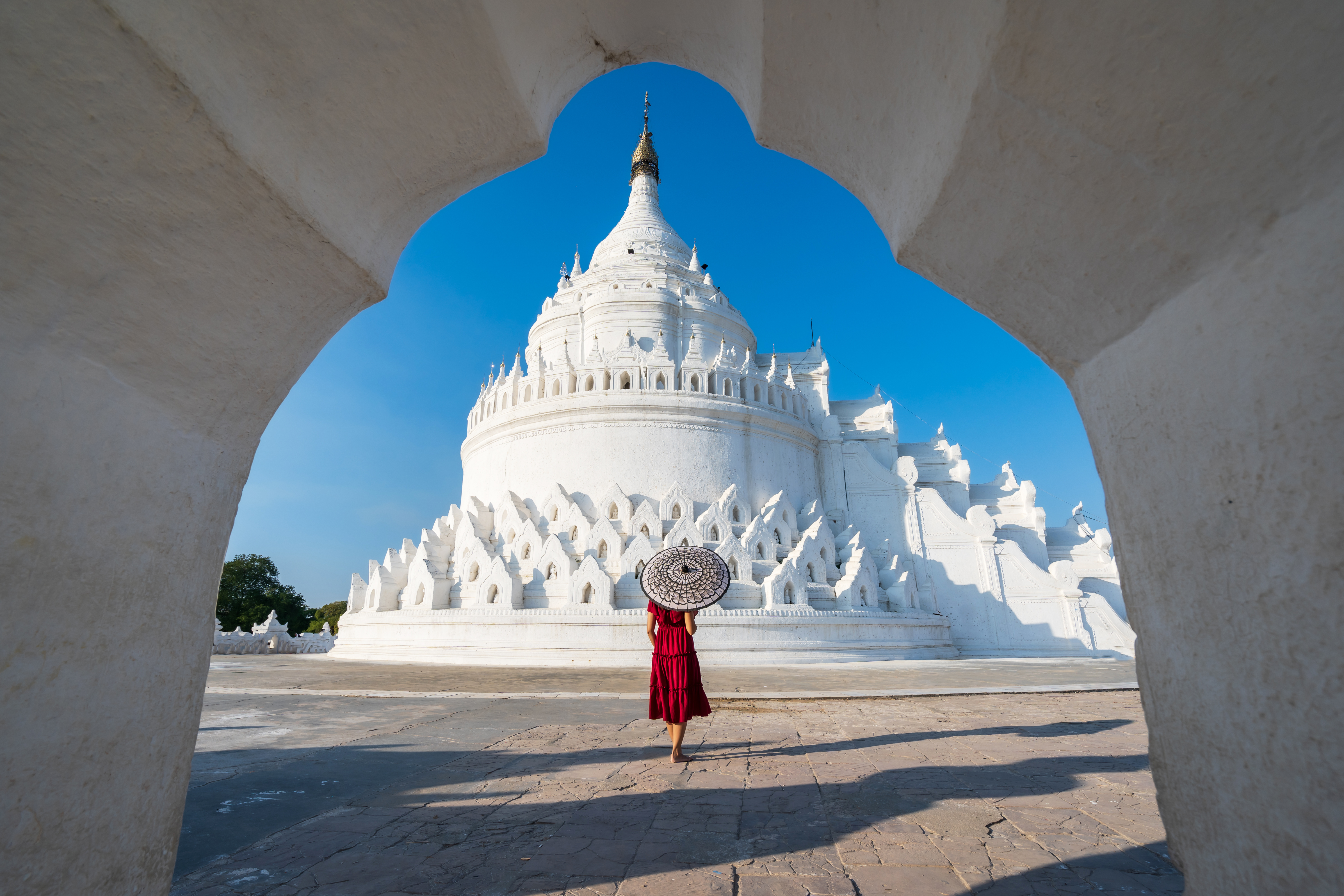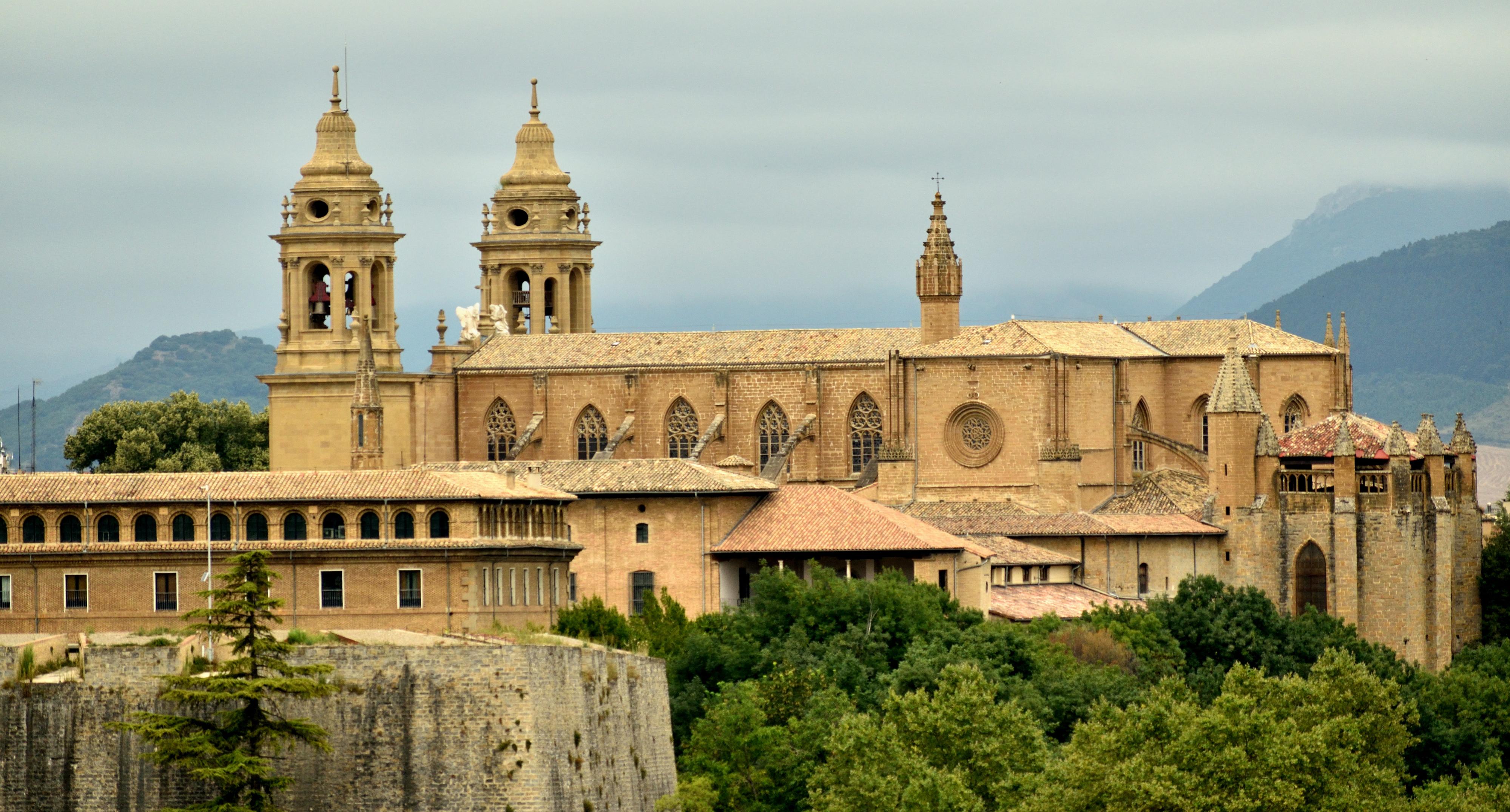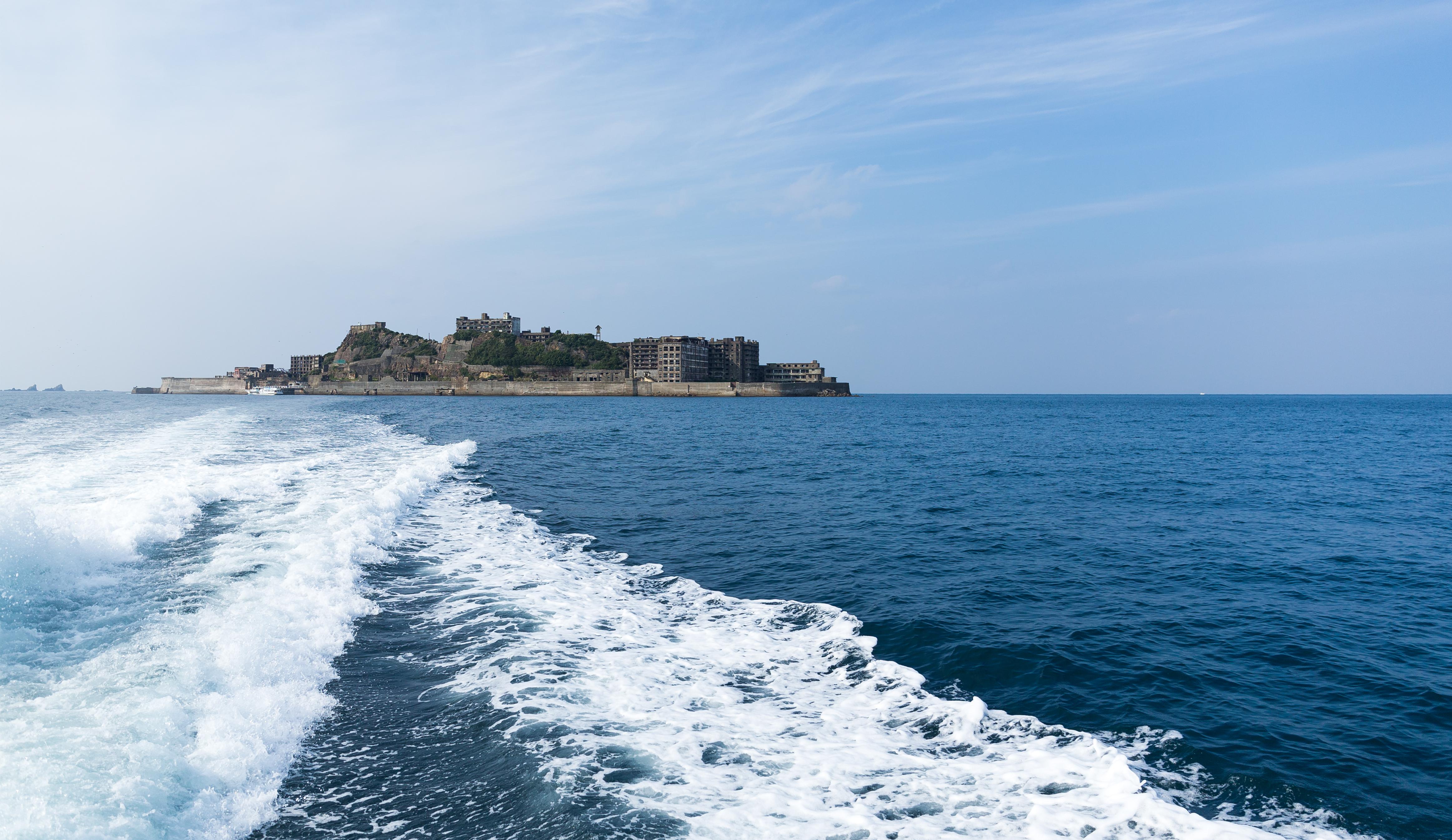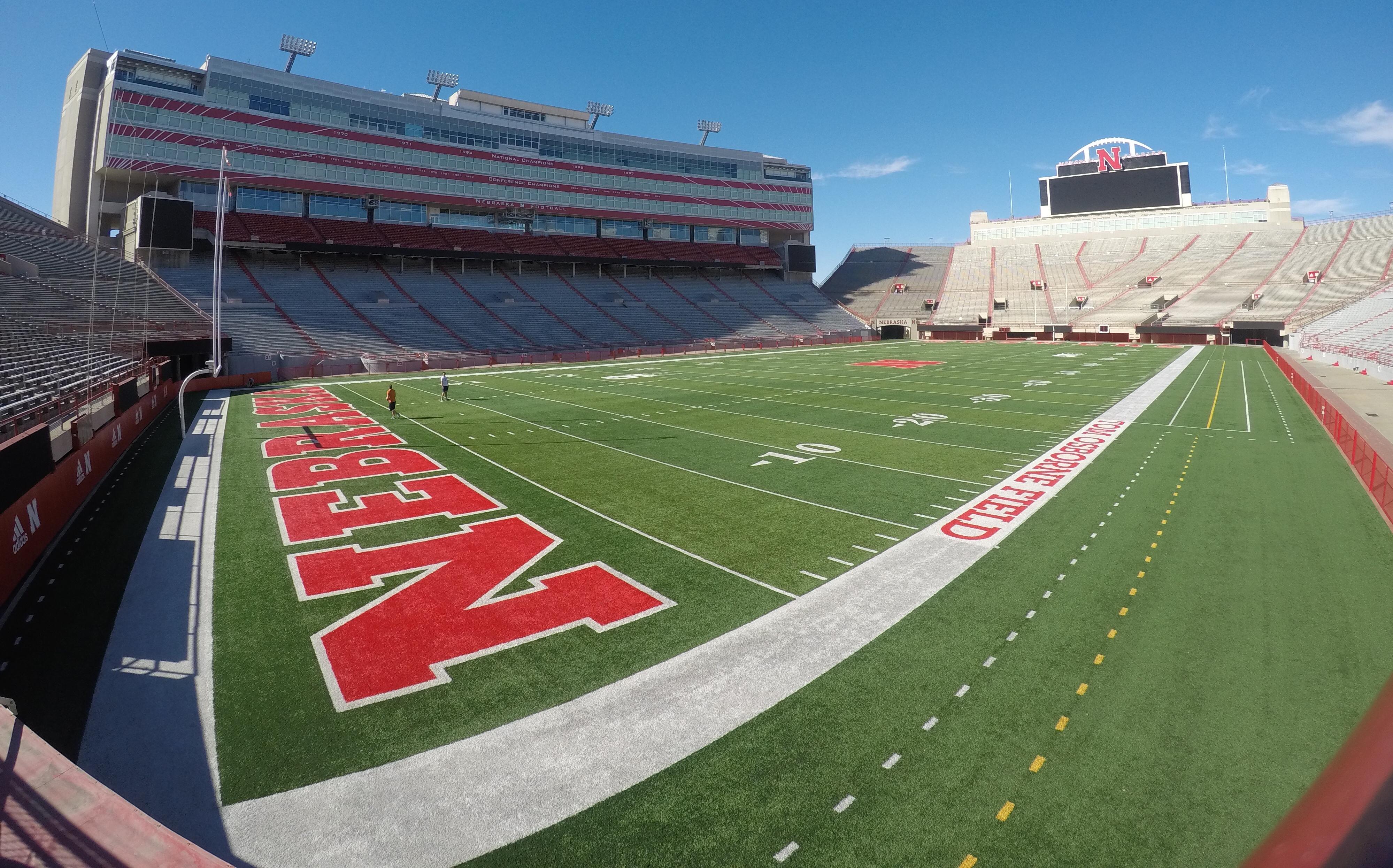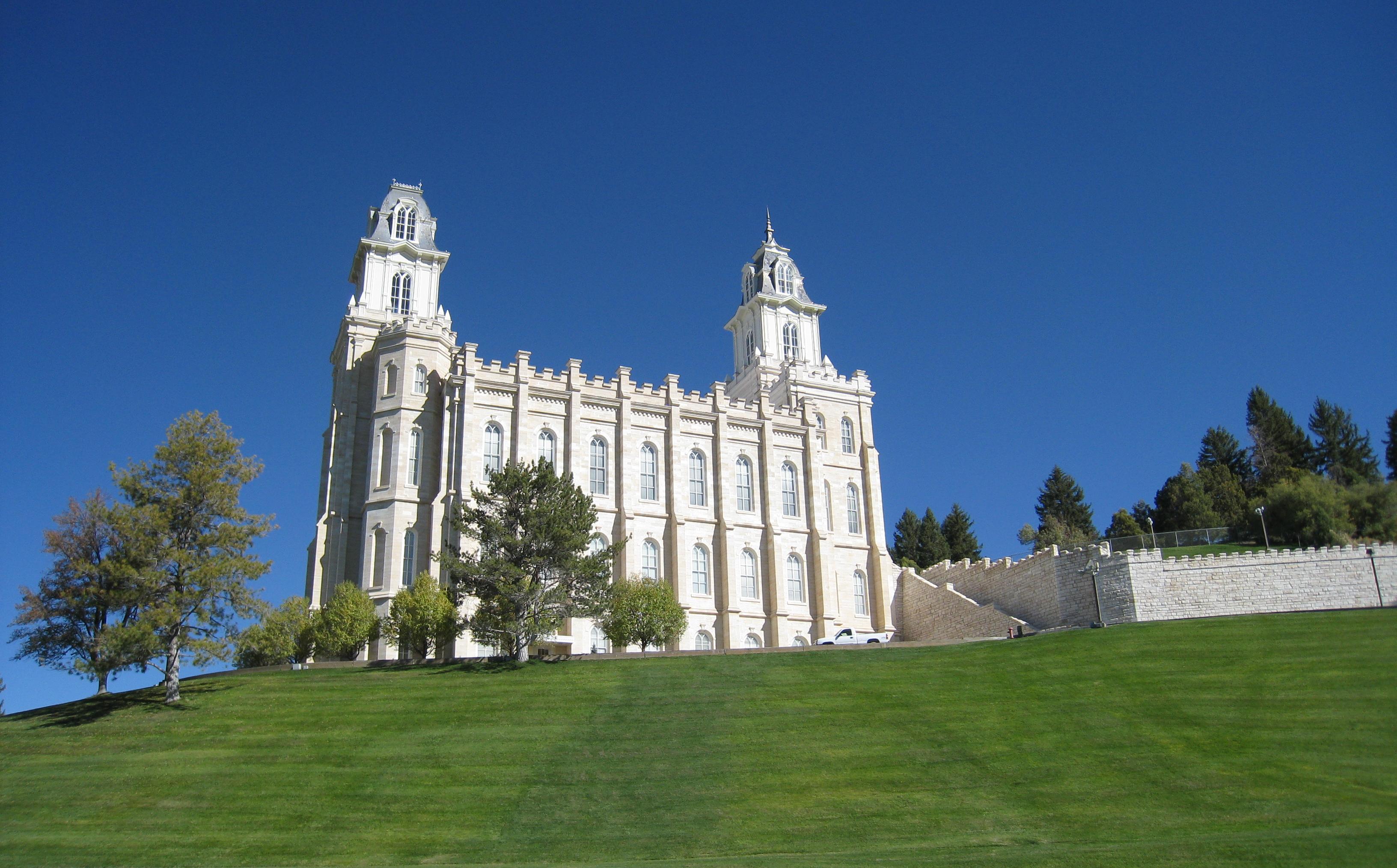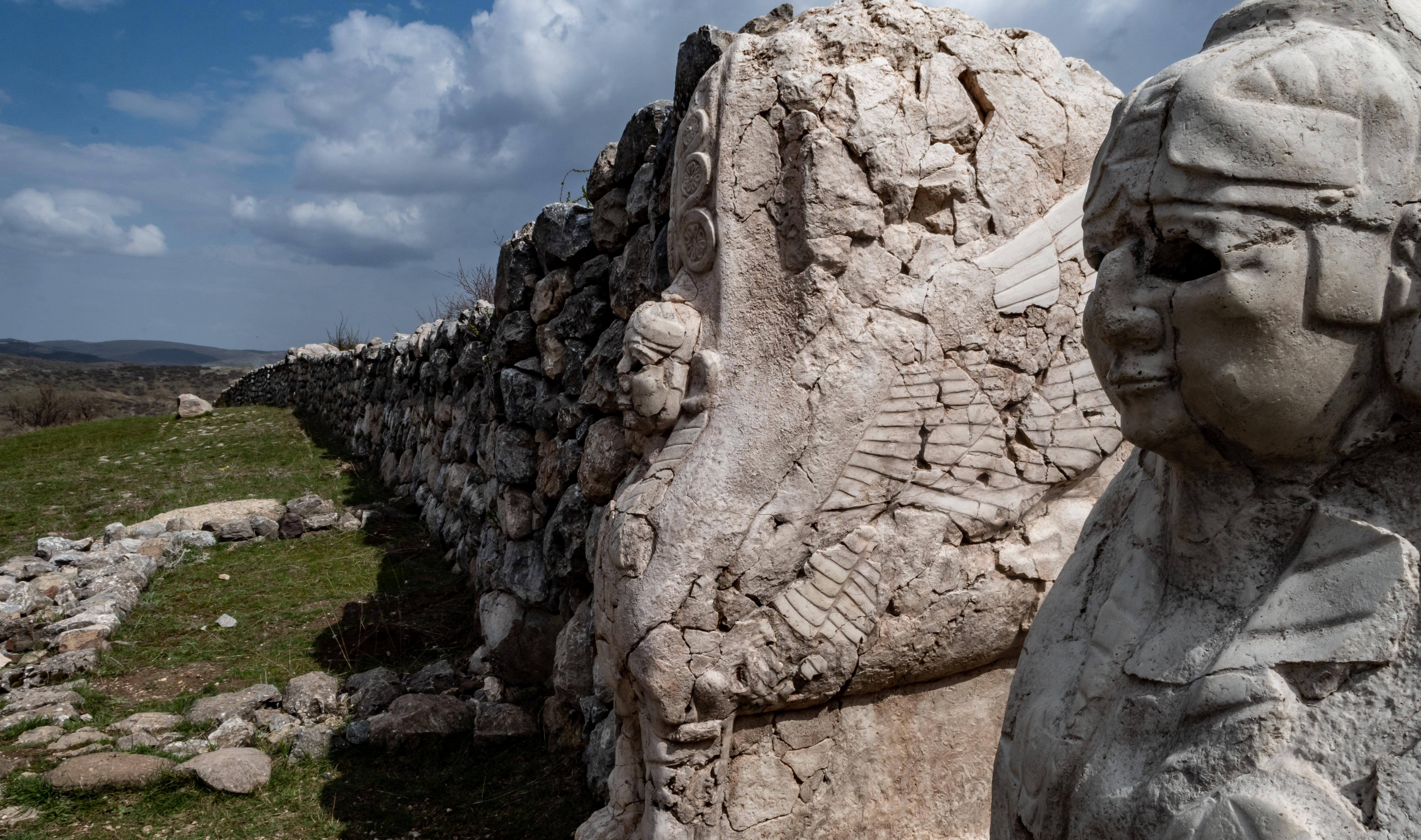12 Hidden Waterfalls in America That Rival Niagara
Waterfalls have long captivated human imagination. Their sheer power, the thunderous roar of water crashing down, and the ethereal mist that hangs in the air create a spectacle that is as mesmerizing as it is humbling. While Niagara Falls is one of the most renowned waterfalls in the world, America is blessed with numerous other cascades that rival its majesty. These waterfalls, scattered across the vast landscape of the United States, each offer a unique glimpse into nature's grandeur. From the lush forests of the Pacific Northwest to the rugged terrains of the Appalachian Mountains, these natural wonders provide not just visual beauty but also a deep sense of tranquility and wonder. In this article, we embark on a journey to explore 12 hidden waterfalls in America that rival Niagara. Each waterfall, with its distinct characteristics and surroundings, tells a story of geological marvel and ecological significance. As we delve into the details of these majestic cascades, we will uncover the rich history, the diverse ecosystems, and the cultural importance they hold. This exploration will not only be a visual feast but also an enlightening experience that deepens our appreciation for the natural world.
1. Yosemite Falls: The Tallest of Them All
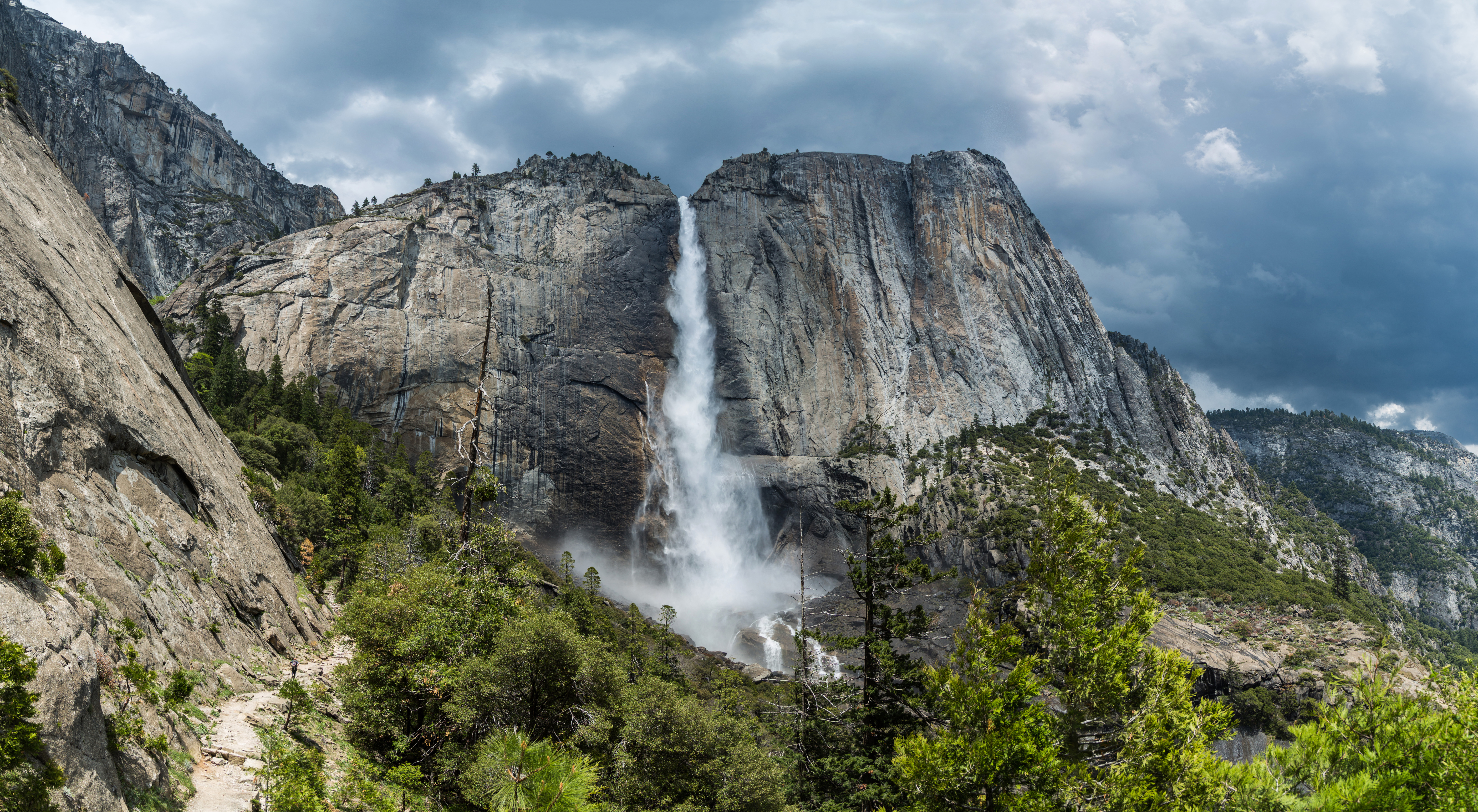
Yosemite Falls, located in California's iconic Yosemite National Park, is a towering testament to nature's artistry. Standing at an impressive 2,425 feet, it is the tallest waterfall in North America. This three-tiered waterfall consists of the Upper Yosemite Fall, the Middle Cascades, and the Lower Yosemite Fall, each contributing to the awe-inspiring spectacle. The sheer drop of the Upper Fall, plummeting 1,430 feet, is particularly breathtaking, drawing visitors from around the globe. The waterfall is fed by snowmelt, which means its flow varies dramatically throughout the year. In the spring, when the snow begins to melt, Yosemite Falls is at its most powerful, creating a thunderous roar that echoes through the valley. By late summer, the flow diminishes significantly, revealing the intricate rock formations behind the cascade. This seasonal transformation highlights the dynamic nature of waterfalls and their dependence on the surrounding environment. Yosemite Falls is not just a visual marvel but also a vital part of the park's ecosystem, supporting diverse flora and fauna that thrive in its misty microclimate.

